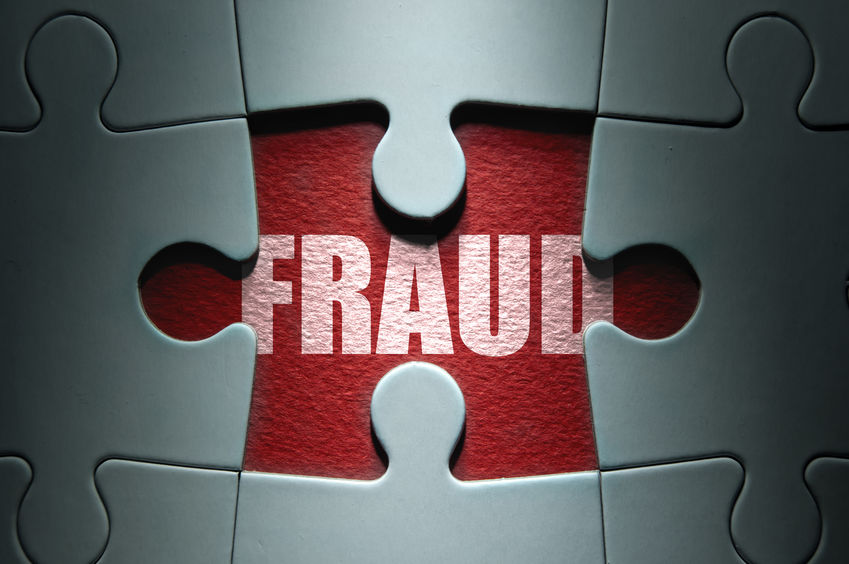When it comes to a business acquisition, due diligence is critically important. But what can matter most is who participates in it. Deal-breakers can emerge by the dozen once the books are opened, relating to many factors including the target company’s actual value, earn outs, associated legal and financial risks, the condition of assets, compliance record, tax liabilities and more. An attorney may be able to tick through a due diligence checklist and reasonably cover these areas. Right now, though, the due diligence process is more complicated than ever because of the risk of fraud. Why? The economic and business challenges that targeted organizations face to “look good” during a sale are unprecedented.
You may not realize just how common fraud can be even at the best of times and how hard it is to spot. Asset misappropriation, including everything from cash theft to payroll schemes and larceny, is apparent in 86% of uncovered occupational fraud. Corruption, including purchasing schemes and bid-rigging, are part of 43% of cases. Financial statement fraud isn’t as common, but it is far more costly. The median loss for an organization suffering from financial statement fraud is $954,000. This type of fraud can go undetected for years—even during acquisition due diligence—because it can present itself in various ways: fictitious revenues, concealed liabilities, inaccurate asset valuations, improper disclosures, and reporting the timing of income inaccurately are just a few.
All three types of fraud can derail an acquisition at best and, at worst, aren’t discovered until after the sale, leading to costly litigation and financial strain on both the buyer and seller. And according to the Association of Certified Fraud Examiners (ACFE), the COVID-19 pandemic will exacerbate the situation.
“Companies seeking to cut costs often target non-revenue-generating departments like compliance and internal audit,” says Bruce Dorris, ACFE President and CEO. “Cutbacks to departments or initiatives that are integral to a comprehensive anti-fraud program only serve to leave organizations more vulnerable to the growing likelihood of fraud. As organizations make cuts in the attempt to operate with a leaner staff, they can find themselves caught in a perfect storm for fraud: pressures motivating employee fraud are high at the same time that defenses intended to safeguard against fraud have been weakened.”
Enter the forensic audit. Forensic accountants are trained to spot fraud in unexpected ways. Did you know that most occupational fraud (89%) is committed by individuals with no prior charges or convictions? However, what’s almost always present are behavioral red flags (at least 85% of the time). These include living beyond one’s means, an unusually close association with a vendor, or even a recent divorce. Forensic accountants don’t just crunch numbers; they can spot these types of behavioral red flags, too. (For more, read about Steven Bankler’s experience as a forensic accountant, including being named the sole investigative accountant in the U.S. Senate’s Whitewater investigation.)
And what if you represent the target company? It works both ways. A forensic audit of the buyer is also in your best interest. Too often, the reputation and quality of an acquired brand are decimated within months after being sold to a company riddled with fraud.
There’s every reason to add a forensic audit to your M&A due diligence tool kit. Learn more about forensic accounting here and, as always, feel free to contact us with questions.


